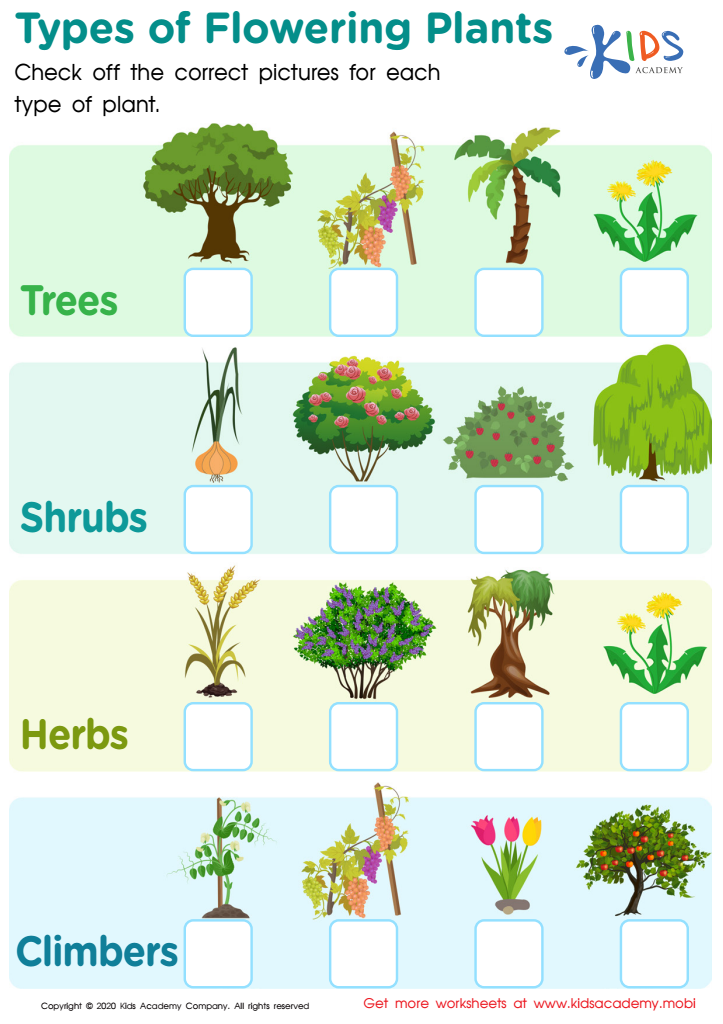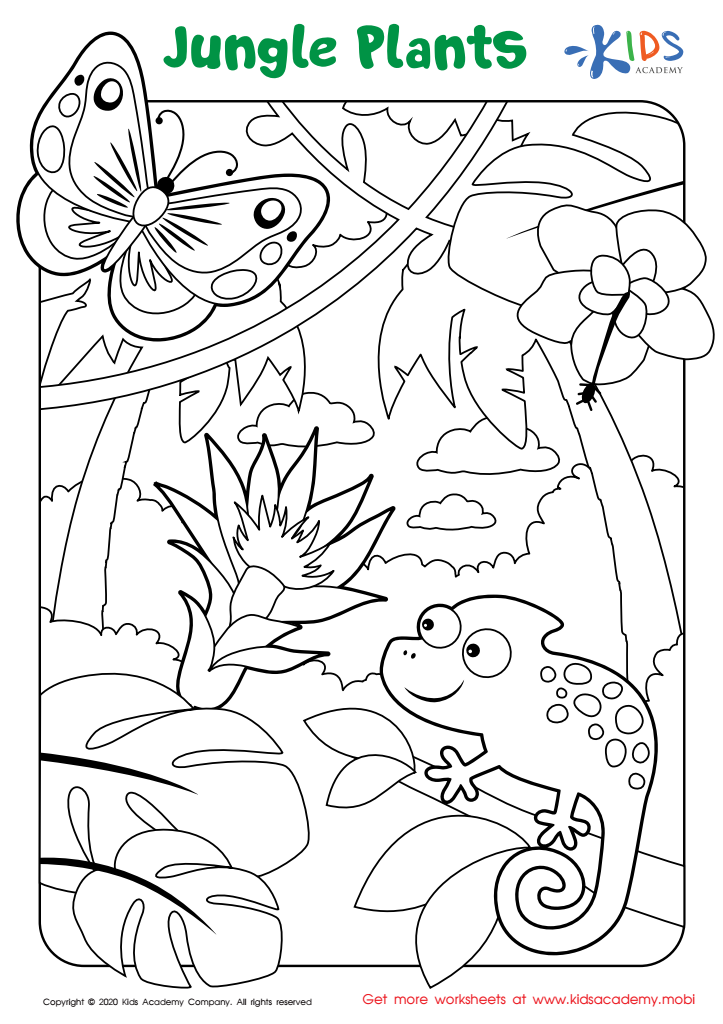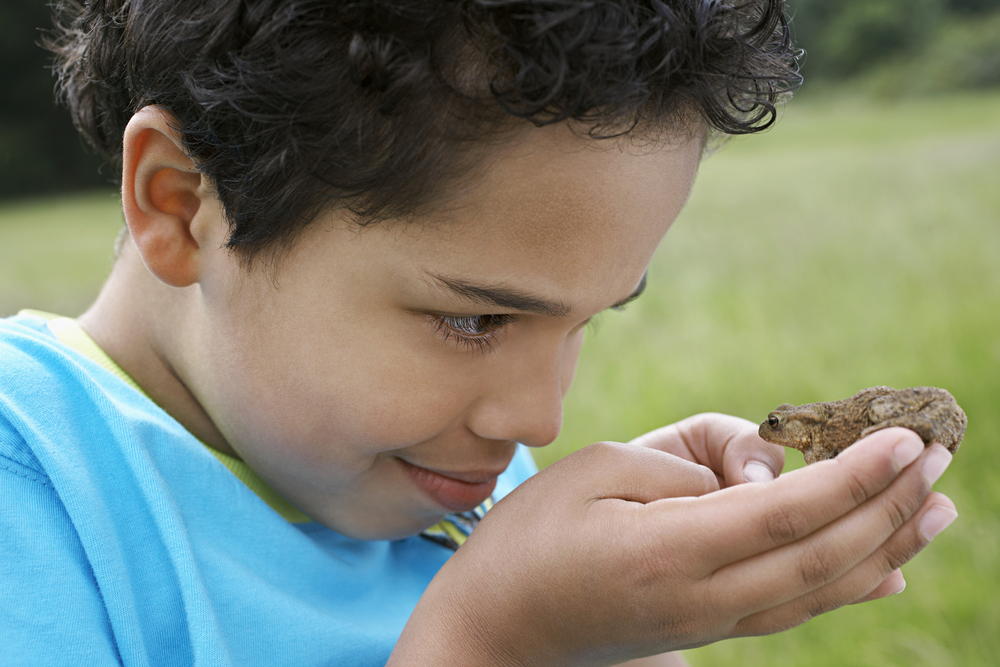Plant identification Science Worksheets for Ages 7-9
3 filtered results
-
From - To
Introduce your young learners to the exciting world of botany with our "Plant Identification Science Worksheets for Ages 7-9." These engaging, expertly designed printables pique curiosity and foster learning through hands-on activities. Students will explore different types of plants, their parts, functions, and how they grow. Perfect for the classroom or at-home learning, our worksheets support critical thinking, observational skills, and a deeper appreciation for the natural world. Encourage your budding scientists to dive into plant identification, enhance their science skills, and discover the beauty of plants with our comprehensive and fun educational resources.


Types of Flowering Plants Worksheet


What Do Plants Need to Grow Worksheet


Jungle Plants Worksheet
Plant identification science is a crucial skill for children aged 7-9 as it has wide-ranging benefits for their development and education. First, learning to identify plants fosters a deeper connection with nature, nurturing an appreciation for the environment that can instill lifelong habits of conservation and sustainability. Recognizing various plants and understanding their roles in ecosystems helps children comprehend complex ecological relationships important for our planet's health.
Moreover, plant identification enhances observational skills where children learn to notice minute details and differences, thereby boosting cognitive development and critical thinking. These observational habits are transferable to other academic subjects, including science, geography, and even math, improving overall academic performance.
By engaging in plant identification, children also develop patience, focus, and perseverance. The hands-on experience is enriching and encourages active outdoor play, combating the growing problem of screen addiction and sedentary lifestyles. Collecting and recording plant data can lead to better organizational skills and scientific inquiry, laying an early foundation for STEM education.
Furthermore, this activity can strengthen social bonds. Parents or teachers joining kids in plant identification foster more meaningful interactions, creating shared learning experiences. In summary, plant identification science enriches knowledge, cognitive abilities, environmental stewardship, and social connections in a holistic and engaging manner.

 Assign to My Students
Assign to My Students



















